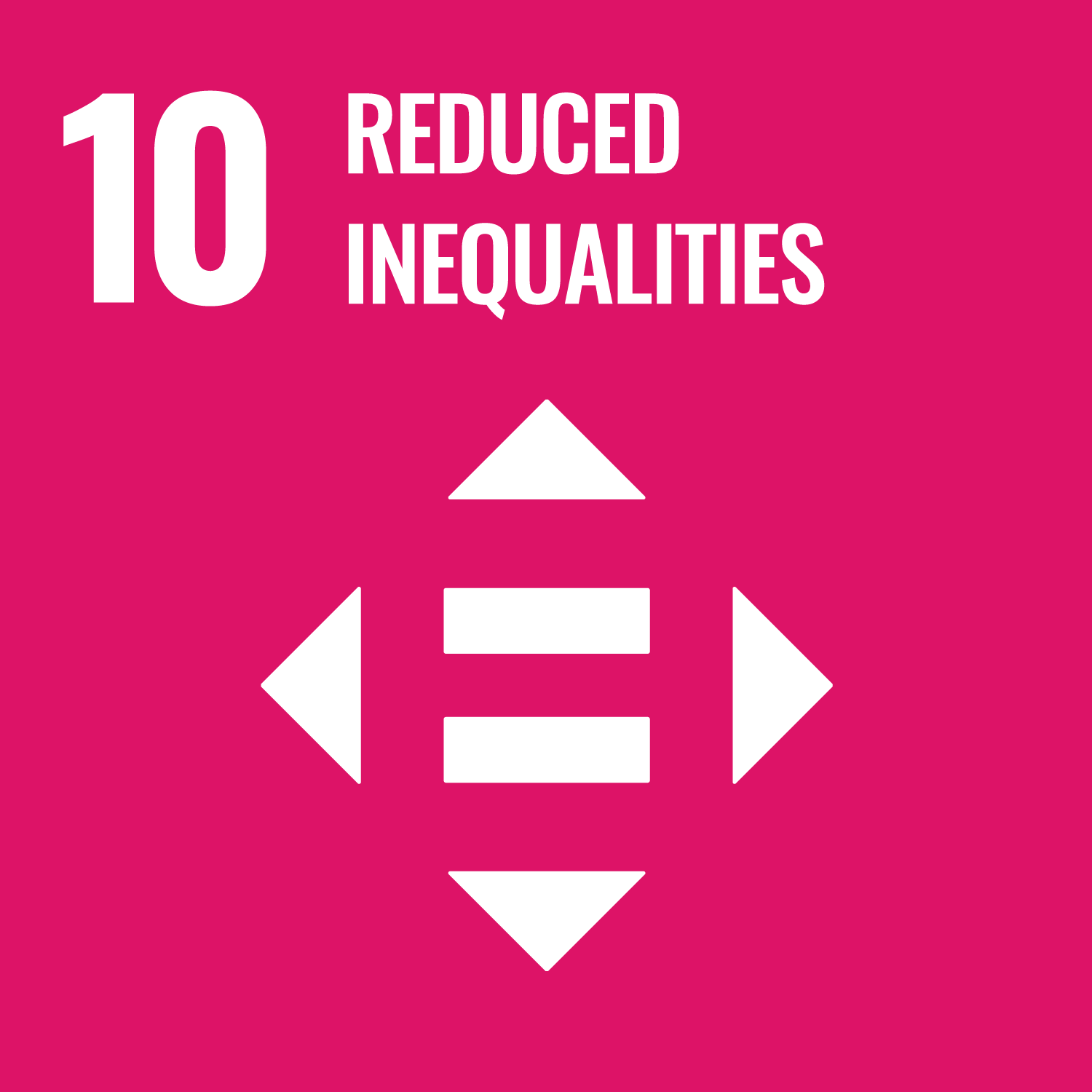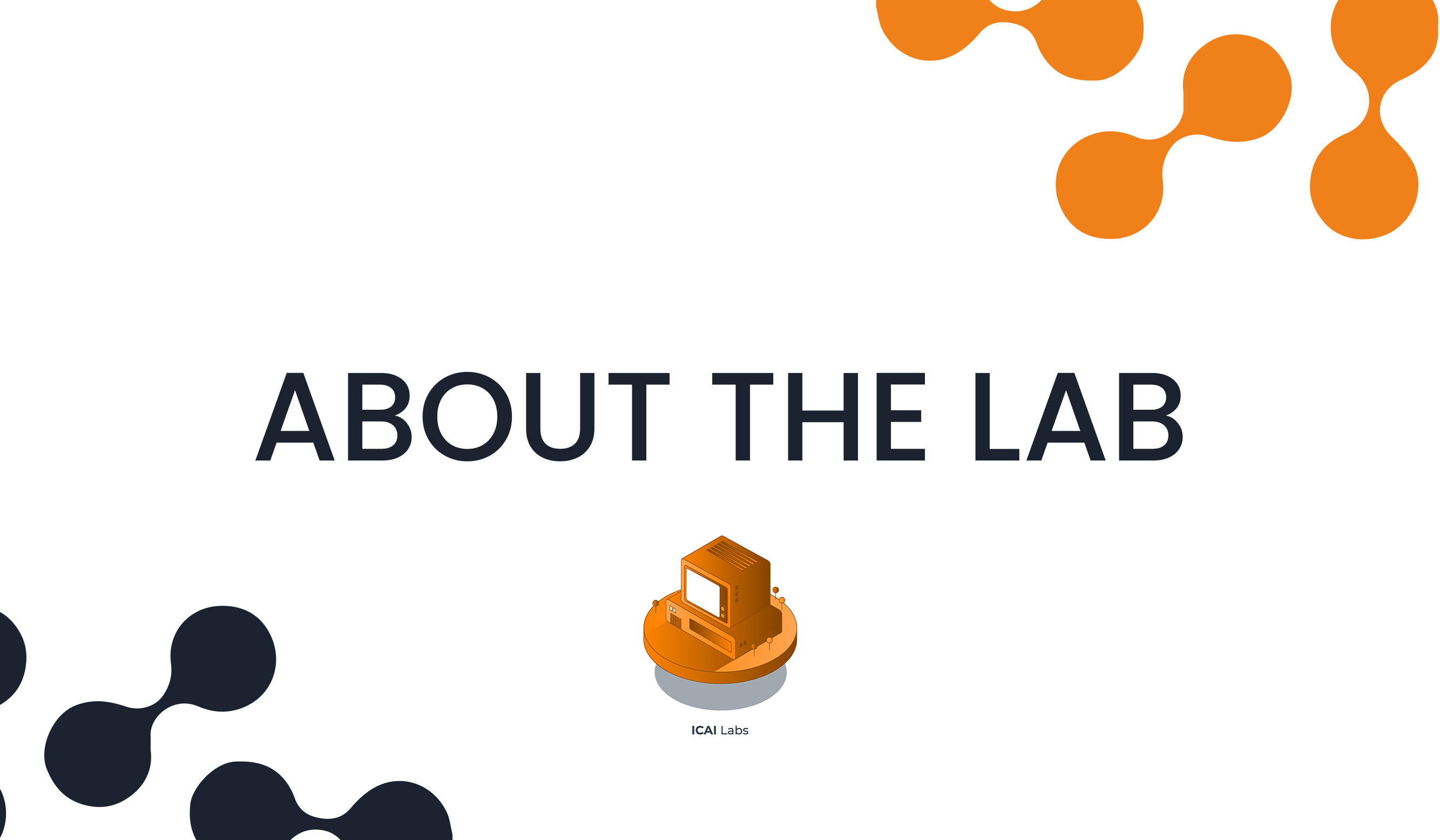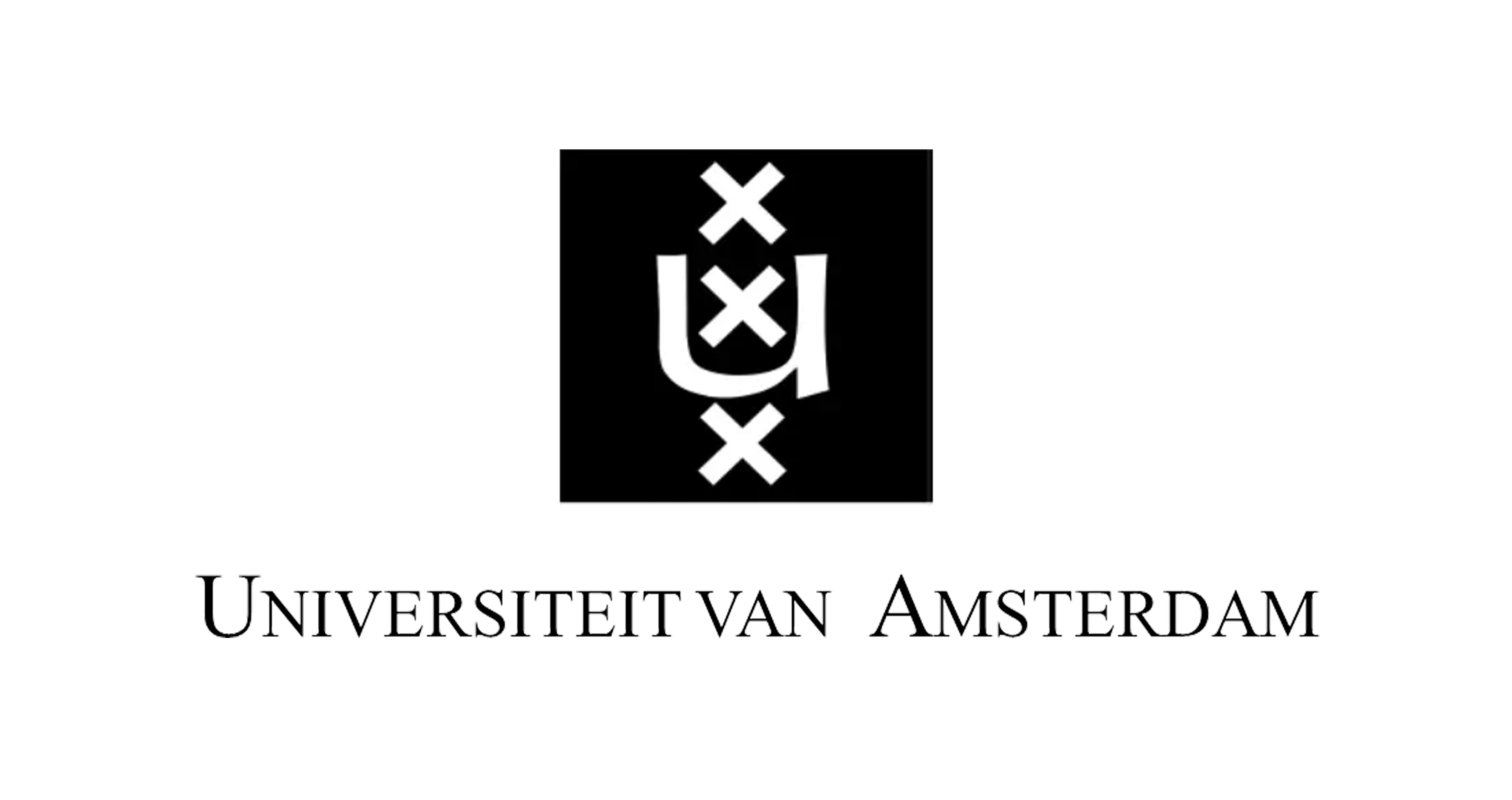AI for Oncology Lab
A collaboration between the Netherlands Cancer Institute and the University of Amsterdam.
The AI for Oncology lab is a collaboration between the Netherlands Cancer Institute and the University of Amsterdam. Both institutes join forces in the development of AI algorithms to improve cancer treatment.
The goal of the collaboration between the Netherlands Cancer Institute (NKI) and University of Amsterdam (UvA) is improved cancer treatment through the aid of Artificial Intelligence. A lot of complex information is acquired from patients during and prior to the treatment through medical imaging, pathology, DNA, and so on. AI solution can assist medical specialists finding and applying the right treatment based on all this information. Moreover, AI algorithms have the potential to guide medical interventions accurately to the location of the tumor without damaging surrounding healthy tissue.
Through this collaboration, expertise in cancer research and AI technology blend together. The first goal is to conduct innovative scientific research. Subsequently, if successful, the lab aims to integrate the results in clinical practice.
The benefits of AI for cancer research
AI technology will play a bigger part in the future of cancer research. Machine learning algorithms can now perform certain tasks that used to require human intelligence. Algorithms based on artificial neural network are used in ‘Deep Learning’. Instead of relying on a programmer to explicitly tell the algorithm what to do, this network only requires an end goal and will learn how to achieve from many examples. The benefits of that is that this ‘Deep Learning’ algorithm can reach insights the programmer would never have considered.
In the case of image recognition for cancer detection, we can use a large database containing images of patients with and without cancer. The computer can use this data to learn and, if the database is sufficiently large, will be able to detect tumors even better than a specialist. In terms of personalized medicine, the images and other data can be used to better predict the most beneficial treatment option for every patient.
Image guided therapy aims to deliver therapeutic interventions with high accuracy. AI algorithms can be trained to automatically analyze medical images acquired during treatment and guide the intervention to the correct location.
In the lab, five research topics will be studied covering important aspects such as early diagnoses and image guided therapy.



Research projects
- Which screen-detected DCIS progresses into invasive breast cancer?
- Who can be spared chemotherapy, and which therapeutic combination is most effective?
- Exploring the potential of novel AI concepts in oncology
- Image-free tracking of tumors and organs-at-risk in real-time active MRI acquisitions
- Model-and/or-uncertainty-based multimodal segmentation for gross tumor volume
People


PHD Students


Partners
Netherlands Cancer Institute is among the top 10 comprehensive cancer centers, combining world-class fundamental, translational, and clinical research with dedicated patient care.
University of Amsterdam is the Netherlands’ largest university, offering the widest range of academic programs.


.svg)

